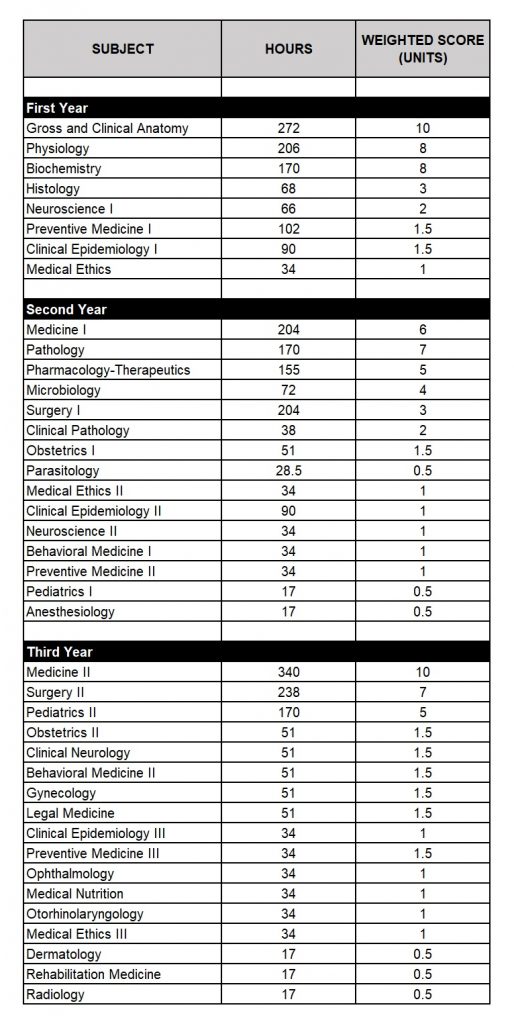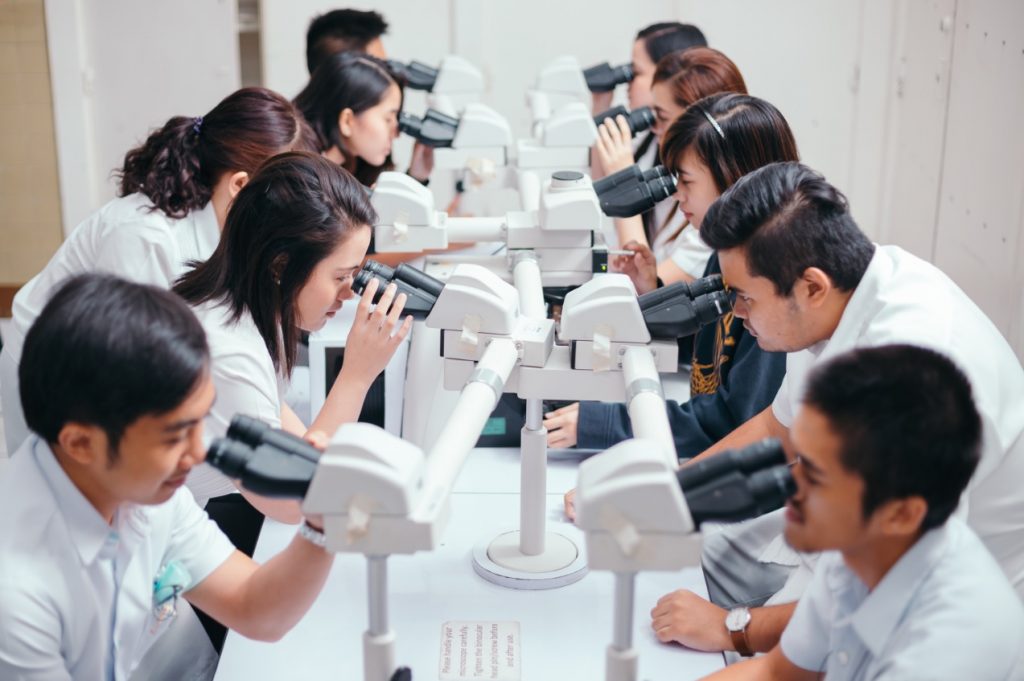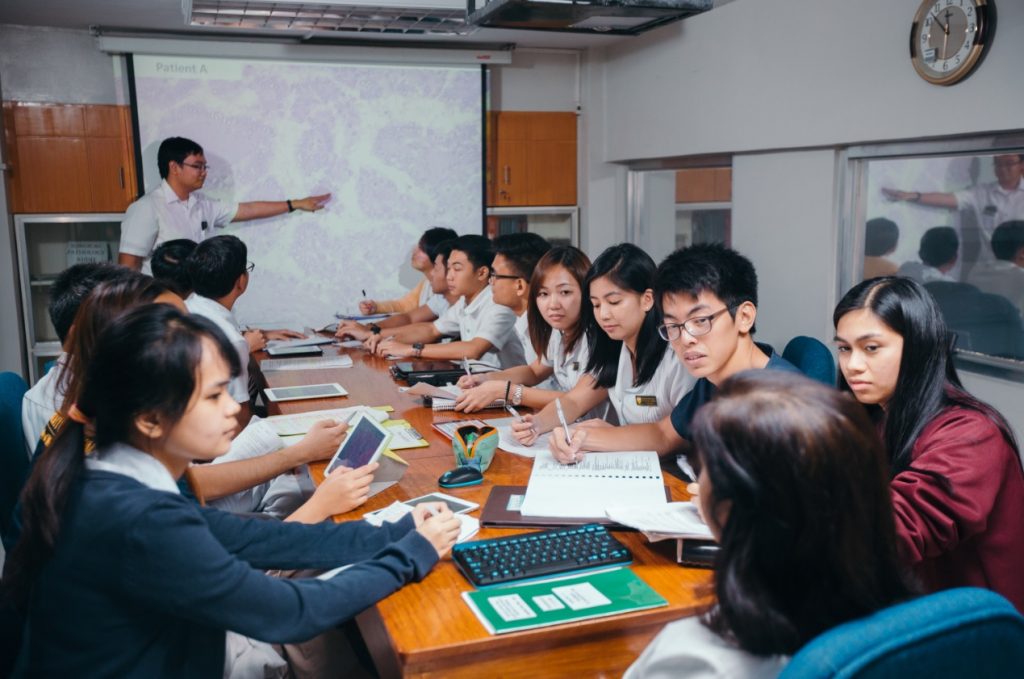Doctor of Medicine
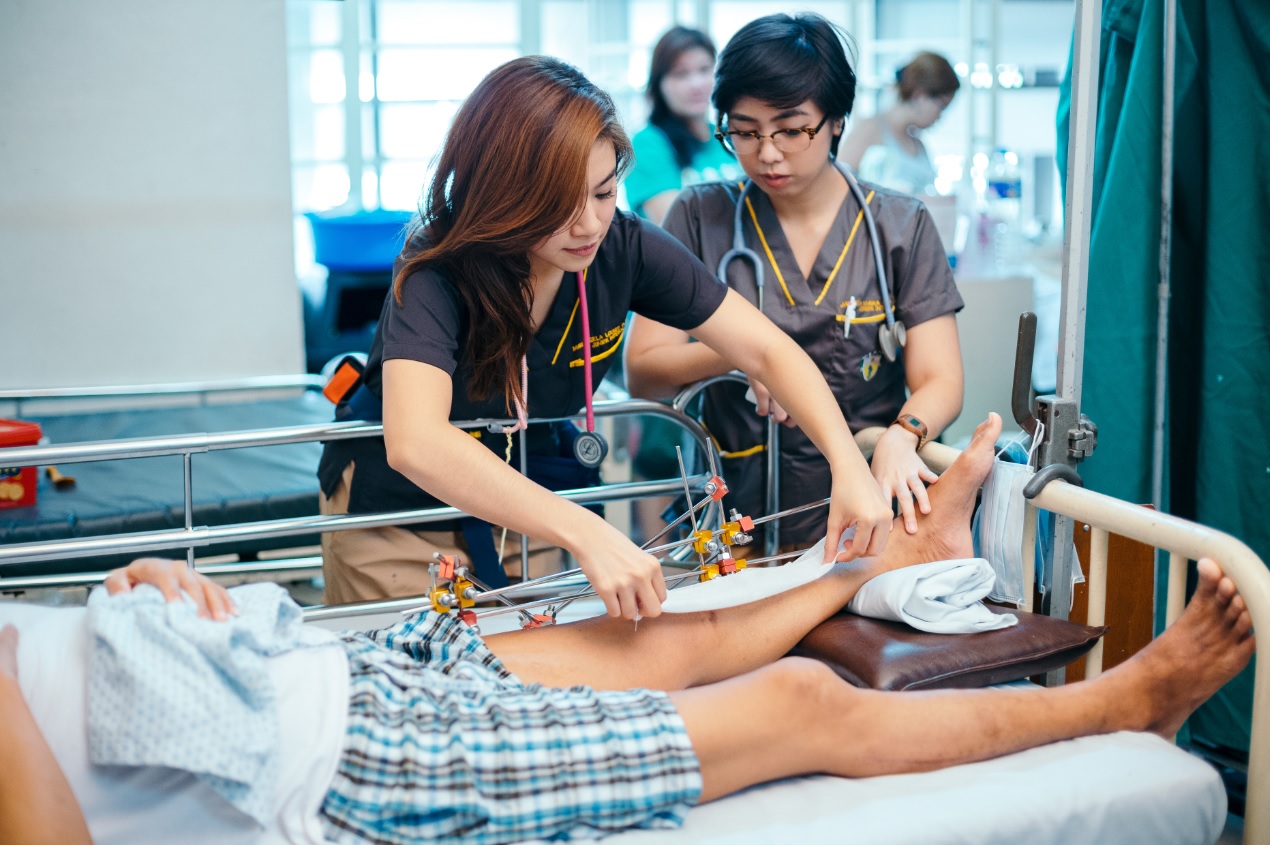
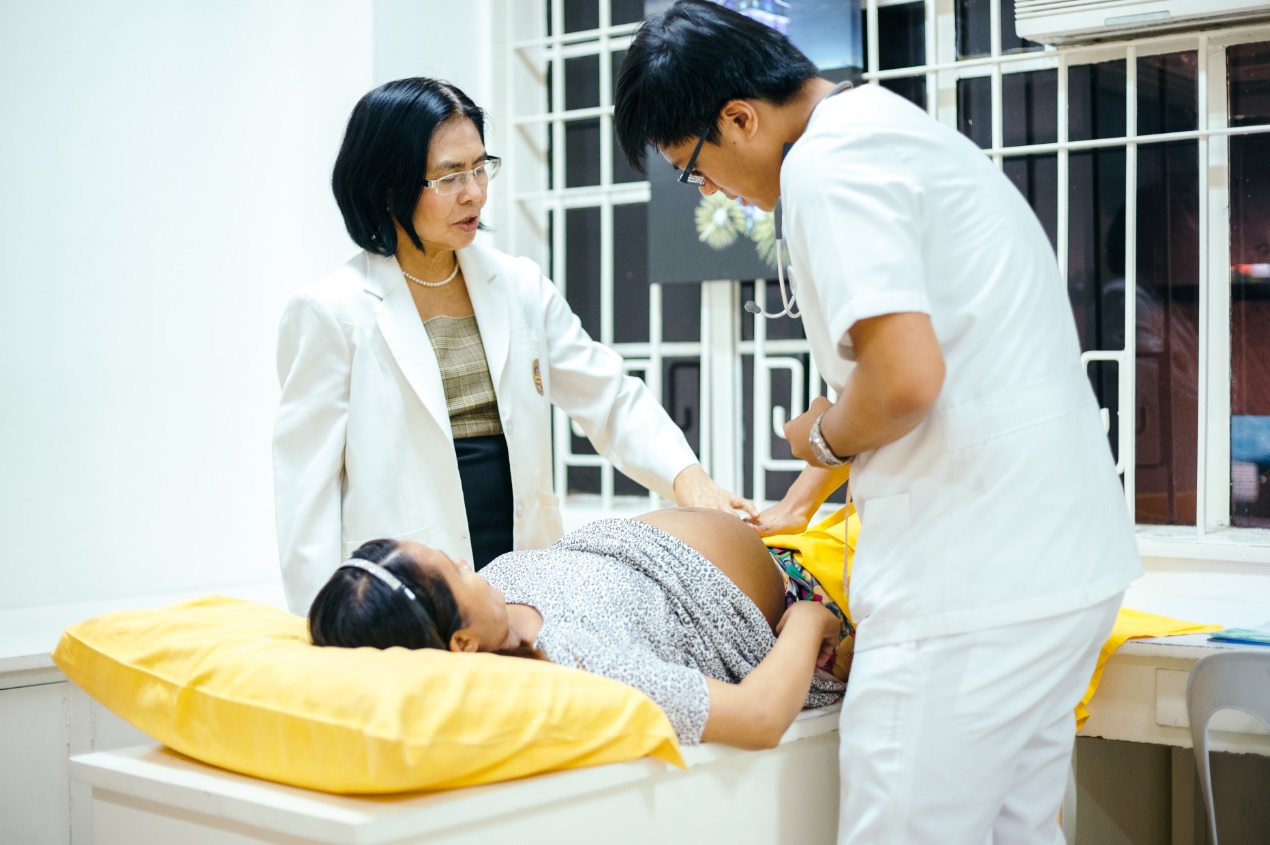
The Doctor of Medicine (MD) degree offered by the Faculty of Medicine and Surgery of the University of Santo Tomas is the first and oldest in the country since 1871. It is a 4-year post-graduate program that consists of three years of academic instruction in the medical school and one year of clinical clerkship in the University of Santo Tomas Hospital.
At the end of our 4-year medical course, the graduate should be able to assume the following roles:
- Primary Physician
- Researcher
- Educator/Academician
- Social Mobilizer
- Administrator/Manager
Consequently, the Thomasian Physician is expected to have the following skills and competencies:
Presented with a patient, the graduate should be able to:
- elicit, interpret and record a good and appropriate history
- perform a good/complete physical examination
- arrive at a reasonable initial clinical impression and discuss differential diagnoses
- formulate appropriate comprehensive diagnostic and management plans for common conditions
- give initial management for emergency conditions and refer accordingly
- perform common minor clinical procedures
- assist senior professionals at clinical procedures
- work harmoniously with other members of the health team
- explain effectively to his patients and other laymen audience:
- the structure and functions of the human body
- the causes, natural history, principles of management of common illnesses
- the important effects of socio-cultural and environmental influences on health and disease
- disease prevention and health promotion strategies
- organization of health care in the country and availability of services in community
- understand and deal adequately with different emotions
As a medical practitioner, he/she should be able to:
- interact with members of the medical profession
- undergo further clinical training
- competently administer primary and emergency care with the intention and outcome of patient stabilization
- develop follow-up care for cases that have stabilized and been treated in hospital and discharged
- utilize information technology for practice
- manage his/her own learning
- conduct himself/herself as a reflective accountable practitioner
- consider differing cultures, views and beliefs relating to human body and health care
- behave as a true Thomasian Catholic physician at all times
- render priority service to the Filipino citizen and nation
Given a community, he/she should be able to:
- acquire and apply a knowledge and familiarity of the acute/chronic diseases prevalent in the community
- identify the basic needs of a community
- create plans of action to adequately address those needs
- have a working knowledge of the impact of poverty, ethnicity and local epidemiology on health
- know the structure of the health care system and its economic implications
- outline levels of responsibility in the health care system he/she is in
- take the lead in health promotions or prevention programs or advocacies within the primary care setting
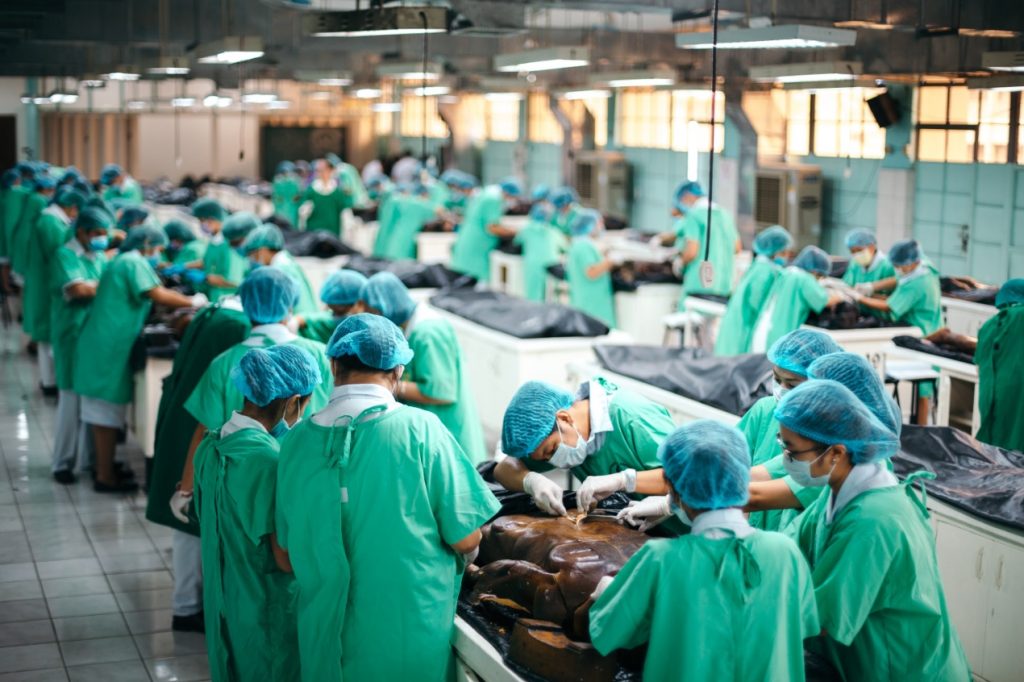
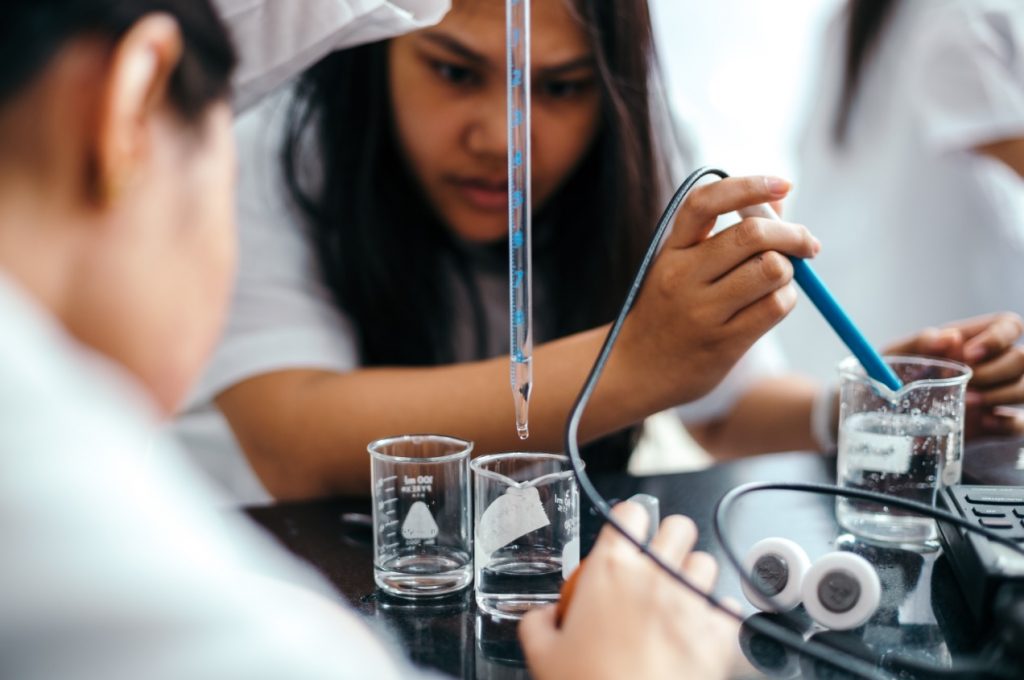
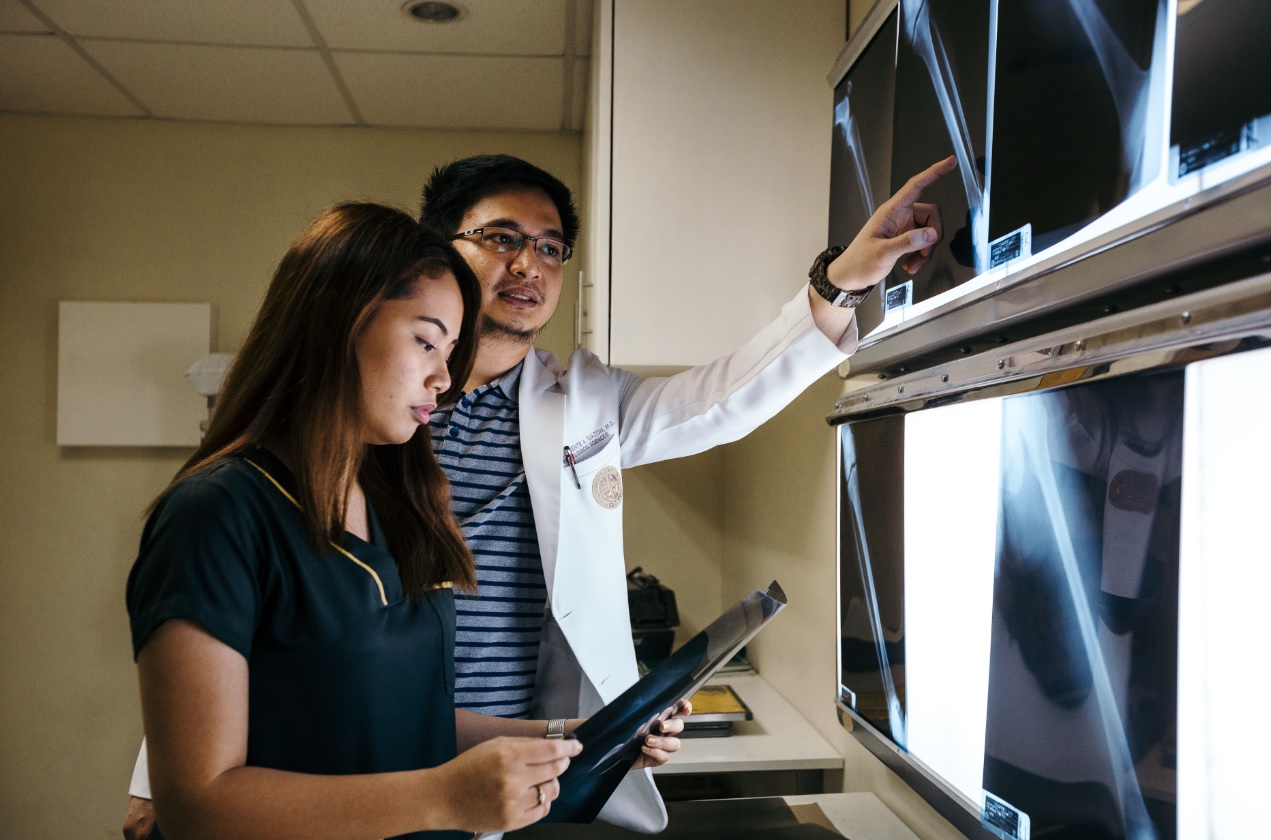
In undertaking Research, he/she should be able to:
- have a knowledge of basic research methodology
- identify a research question
- critically analyze evidence
- develop an initial working protocol for experimental or clinical research
- use research and scientific methodologies to improve patient care
- be aware of and apply the principles of ethics in research
- recognize ethical problems in clinical situations and apply pertinent ethical principles as learned from a Catholic university
- utilize information technology for research
As an Educator/Academician, he/she should be able to:
- teach the basic medical sciences
- pursue further post-graduate masteral or doctoral degrees
- adjust to the continuing developments in Medicine
- evaluate his own capabilities and personal effectiveness and seek ways to improve continually
- be an undisputed example of Christian professional and ethical behavior
Curriculum Weighted Score System
